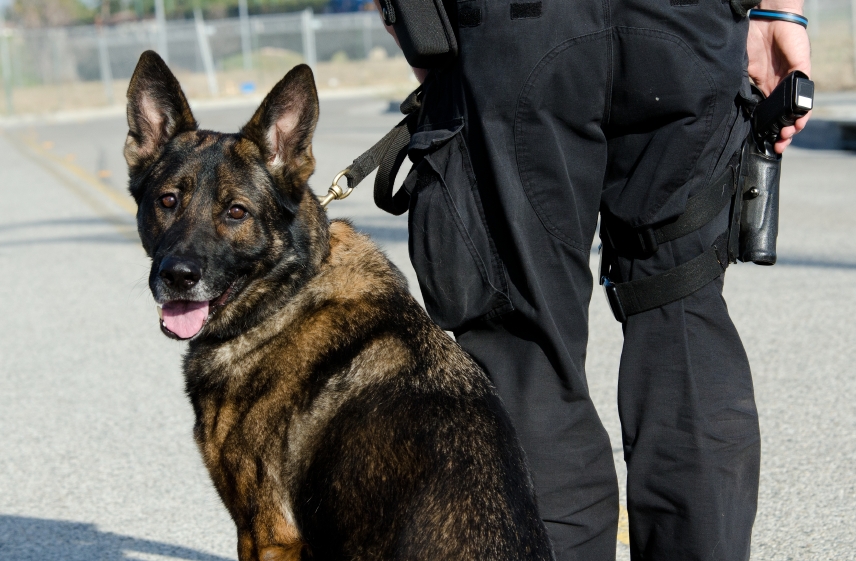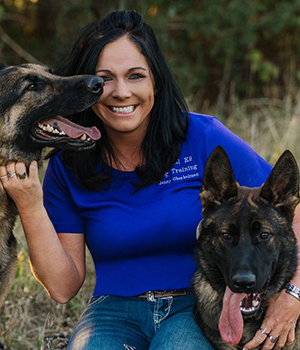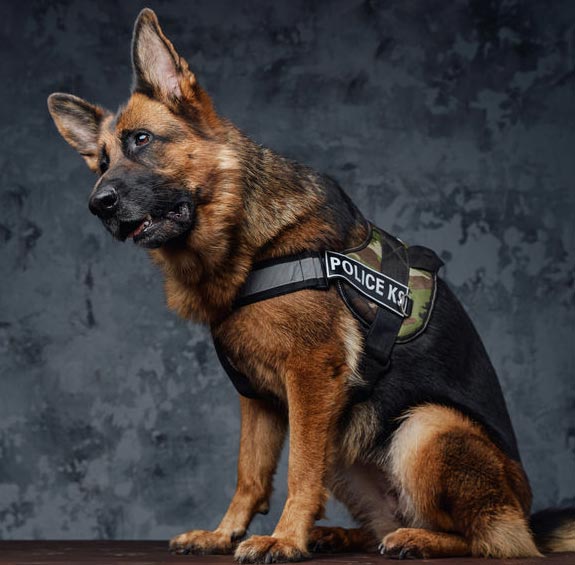Important Dog Educating Strategies for a Life Time of Etiquette
Efficient pet training is foundational to promoting a mannerly friend that enriches our lives. Understanding canine habits and using socializing strategies can stop possible concerns prior to they arise.
Comprehending Dog Habits

In addition, comprehending the innate impulses and drives of a dog-- such as target drive, social interactions, and territorial actions-- allows instructors to expect and take care of particular actions. A canine with a solid prey drive may call for different methods than one that is extra socially inclined.
Furthermore, very early socializing and exposure to different settings considerably affect a pet's behavior and character. Favorable experiences throughout crucial developing durations can lead to well-adjusted adult pet dogs, whereas adverse experiences might result in stress and anxiety or aggressiveness.
Favorable Support Methods
Among the different pet dog training strategies, positive reinforcement techniques stand apart for their efficiency and ability to enhance the bond in between pet and fitness instructor (Ohana K9 Academy). This approach emphasizes fulfilling wanted behaviors instead than penalizing undesirable ones, cultivating an extra participating and relying on partnership
Favorable reinforcement can take several types, including deals with, praise, playthings, or playtime. The trick is to supply immediate incentives when the canine shows the preferred actions, enabling them to make the link between the activity and the positive end result. If a pet sits on command, offering a reward right away strengthens that actions, making it much more most likely to be duplicated.
Consistency is critical in positive reinforcement training. Instructors ought to make use of the same signs and incentives to avoid puzzling the pet. Additionally, varying the incentives can keep the dog's rate of interest and inspiration, transitioning from constant treats to occasional praise or play as the pet dog masters the actions.

Fundamental Command Training
Building on the foundation developed via favorable reinforcement methods, standard command training functions as an essential action in establishing a well-mannered dog. This training typically incorporates crucial commands such as "rest," "stay," "come," and "down - Ohana K9 Academy." Each command plays a vital duty in promoting efficient interaction between the pet and its proprietor, enhancing the overall bond
To initiate standard command training, select a silent atmosphere devoid of distractions. Start with short, concentrated sessions lasting no more than 5 to 10 mins to preserve your pet's interest. Make use of high-value treats as incentives, making sure the dog connects correct actions with positive results. When teaching a command, utilize a clear, regular verbal hint accompanied by hand signals to strengthen understanding.
Persistence is vital; pets might need many repeatings to understand commands completely. Regular practice enhances found out commands, strengthening them in your pet dog's habits collection.
Socialization Techniques
In the world of pet training, socializing methods are vital for cultivating a well-adjusted and confident canine friend. Effective socializing includes subjecting your dog to a selection of settings, people, and other pets in a controlled and favorable way. The main objective is to aid your canine develop a convenience level with varied experiences, which can dramatically minimize worry and anxiety in unknown situations.
Begin socializing during the critical developing window of 3 to 14 weeks, when pups are most receptive to brand-new experiences. Introduce your pet to different setups, such as parks, urban locations, and homes with other pet dogs. Guarantee these experiences declare by utilizing treats and appreciation to reinforce etiquette.
Group training courses are an outstanding means to expose your pet dog to other canines and individuals in a structured atmosphere. great post to read This enables supervised communications, aiding your canine find out suitable social hints. Regular outings and playdates with courteous pets can even more boost social abilities.
Dealing With Behavioral Concerns
Addressing behavioral problems in dogs is a critical aspect of training that calls for a methodical approach and understanding of canine behavior. Typical problems such as barking, eating, aggressiveness, and anxiety can come from different aspects, consisting of absence of socializing, not enough workout, or perhaps medical issues.

Furthermore, developing a structured regimen that includes routine workout and mental excitement can significantly ease behavioral problems. As an example, interactive toys can keep a pet engaged and minimize devastating tendencies. In instances of severe hostility or anxiousness, seeking advice from a professional pet dog instructor or a vet behaviorist may be required.
Final Thought
In conclusion, reliable pet dog training methods, including favorable support, fundamental command training, and socialization, are vital for cultivating great behavior throughout a dog's life. Resolving behavioral you can look here issues with an organized technique not only boosts obedience however also reinforces the bond between dogs and their proprietors.